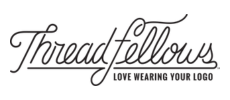FTC Issues Final Rule Banning Fake Reviews and Testimonials
Per the notice below, the Federal Trade Commission (FTC) has issued a final rule banning fake reviews and testimonials.
Federal Trade Commission Announces Final Rule Banning Fake Reviews and Testimonials
The rule will allow agency to strengthen enforcement, seek civil penalties against violators, and deter AI-generated fake reviews
The Federal Trade Commission today announced a final rule that will combat fake reviews and testimonials by prohibiting their sale or purchase and allow the agency to seek civil penalties against knowing violators.
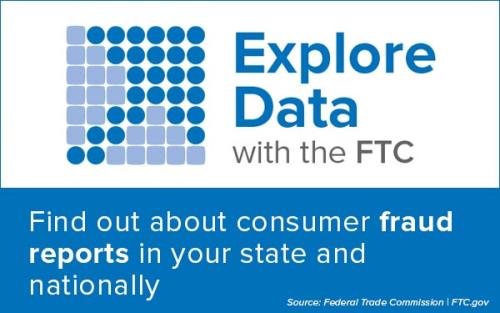
“Fake reviews not only waste people’s time and money, but also pollute the marketplace and divert business away from honest competitors,” said FTC Chair Lina M. Khan. “By strengthening the FTC’s toolkit to fight deceptive advertising, the final rule will protect Americans from getting cheated, put businesses that unlawfully game the system on notice, and promote markets that are fair, honest, and competitive.”
The final rule announced today follows an advance notice of proposed rulemaking and a notice of proposed rulemaking announced in November 2022 and June 2023, respectively. The FTC also held an informal hearing on the proposed rule in February 2024. In response to public comments, the Commission made numerous clarifications and adjustments to its previous proposal. The final rule prohibits:
- Fake or False Consumer Reviews, Consumer Testimonials, and Celebrity Testimonials: The final rule addresses reviews and testimonials that misrepresent that they are by someone who does not exist, such as AI-generated fake reviews, or who did not have actual experience with the business or its products or services, or that misrepresent the experience of the person giving it. It prohibits businesses from creating or selling such reviews or testimonials. It also prohibits them from buying such reviews, procuring them from company insiders, or disseminating such testimonials, when the business knew or should have known that the reviews or testimonials were fake or false.
- Buying Positive or Negative Reviews: The final rule prohibits businesses from providing compensation or other incentives conditioned on the writing of consumer reviews expressing a particular sentiment, either positive or negative. It clarifies that the conditional nature of the offer of compensation or incentive may be expressly or implicitly conveyed.
- Insider Reviews and Consumer Testimonials: The final rule prohibits certain reviews and testimonials written by company insiders that fail to clearly and conspicuously disclose the giver’s material connection to the business. It prohibits such reviews and testimonials given by officers or managers. It also prohibits a business from disseminating such a testimonial that the business should have known was by an officer, manager, employee, or agent. Finally, it imposes requirements when officers or managers solicit consumer reviews from their own immediate relatives or from employees or agents – or when they tell employees or agents to solicit reviews from relatives and such solicitations result in reviews by immediate relatives of the employees or agents.
- Company-Controlled Review Websites: The final rule prohibits a business from misrepresenting that a website or entity it controls provides independent reviews or opinions about a category of products or services that includes its own products or services.
- Review Suppression: The final rule prohibits a business from using unfounded or groundless legal threats, physical threats, intimidation, or certain false public accusations to prevent or remove a negative consumer review. The final rule also bars a business from misrepresenting that the reviews on a review portion of its website represent all or most of the reviews submitted when reviews have been suppressed based upon their ratings or negative sentiment.
- Misuse of Fake Social Media Indicators: The final rule prohibits anyone from selling or buying fake indicators of social media influence, such as followers or views generated by a bot or hijacked account. This prohibition is limited to situations in which the buyer knew or should have known that the indicators were fake and misrepresent the buyer’s influence or importance for a commercial purpose.
As the Commission noted previously, case-by-case enforcement without civil penalty authority might not be enough to deter clearly deceptive review and testimonial practices. The Supreme Court’s decision in AMG Capital Management LLC v. FTC has hindered the FTC’s ability to seek monetary relief for consumers under the FTC Act. This rule will enhance deterrence and strengthen FTC enforcement actions. The Commission vote to approve the final rule and accompanying statement of basis and purpose was 5-0. The rule will become effective 60 days after the date it’s published in the Federal Register.
The Federal Trade Commission works to promote competition and protect and educate consumers. The FTC will never demand money, make threats, tell you to transfer money, or promise you a prize. Learn more about consumer topics at consumer.ftc.gov, or report fraud, scams, and bad business practices at ReportFraud.ftc.gov.


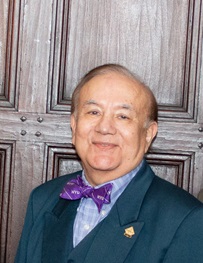
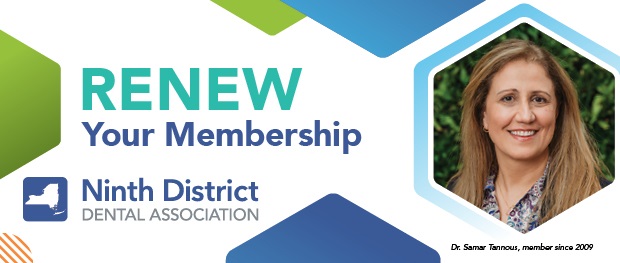
.tmb-rotator.png?Culture=en&sfvrsn=e3185440_1)
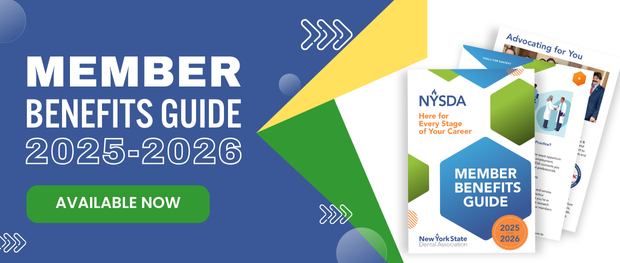





.png?sfvrsn=4447de7f_1)

